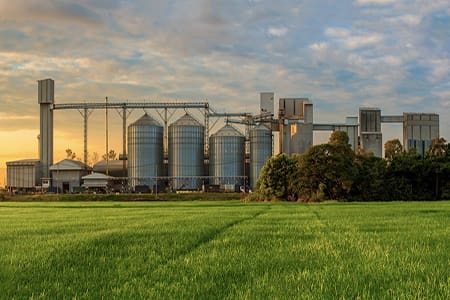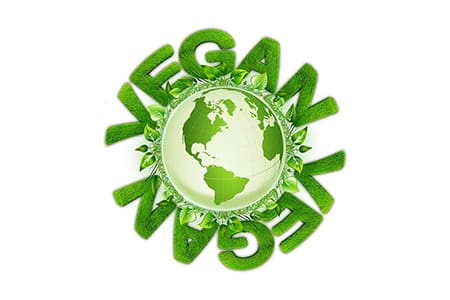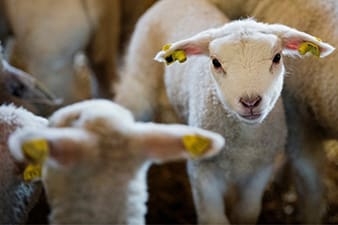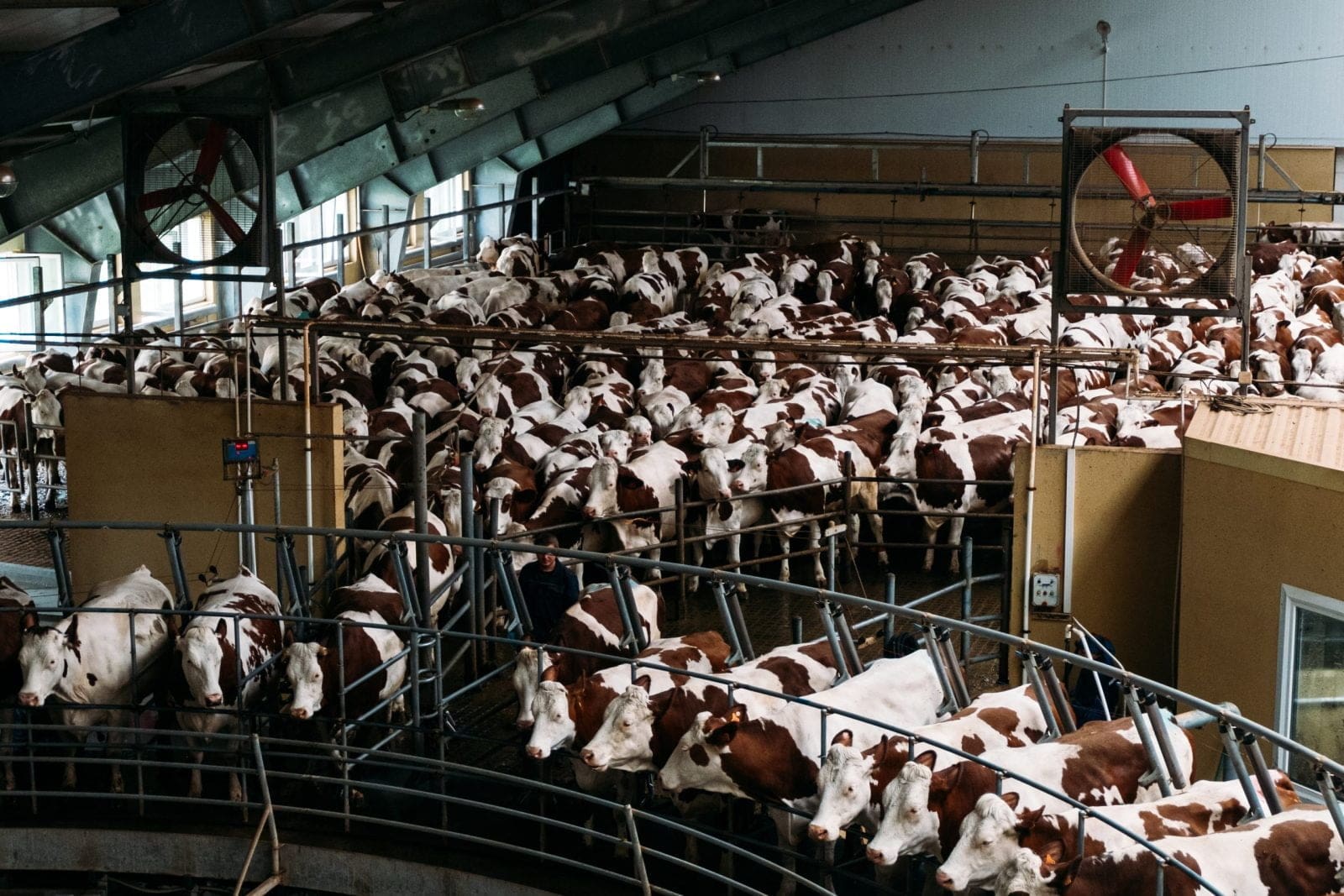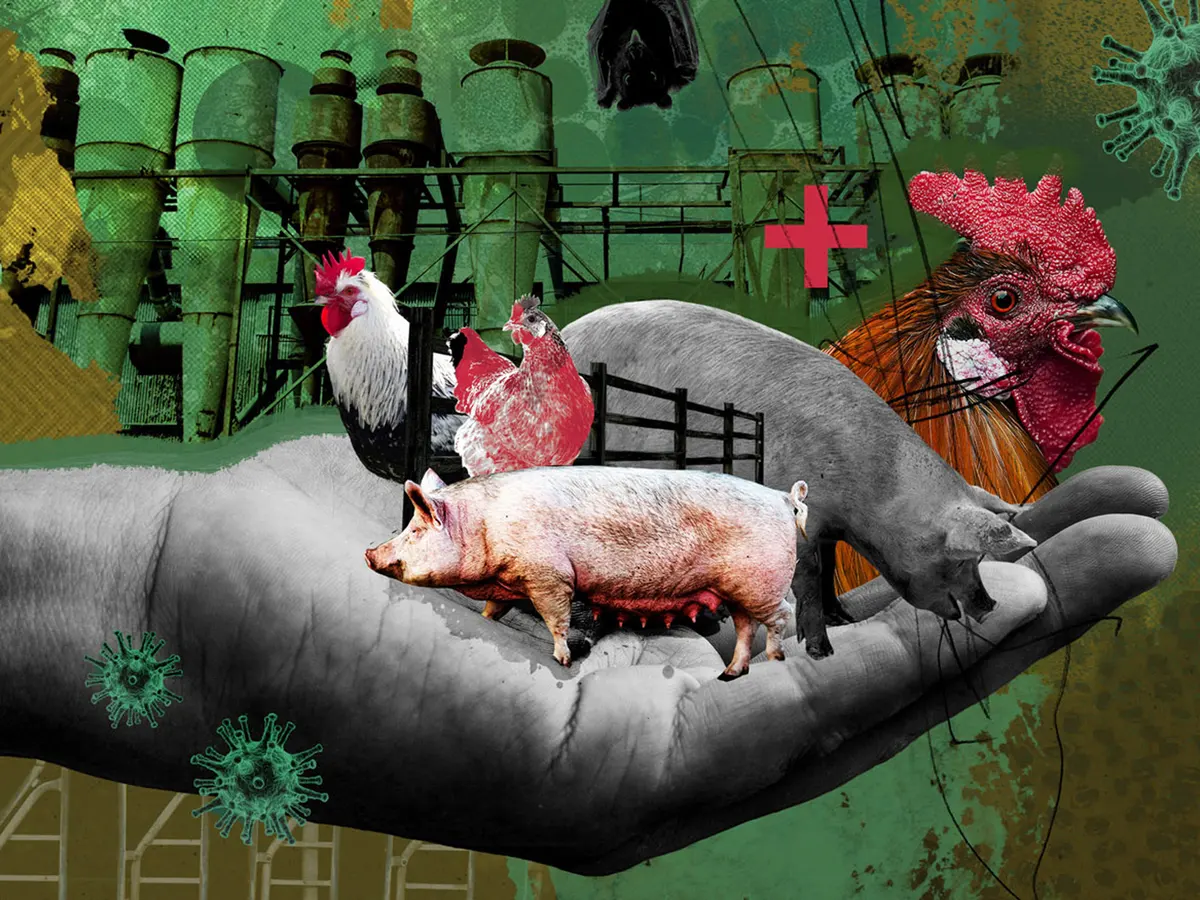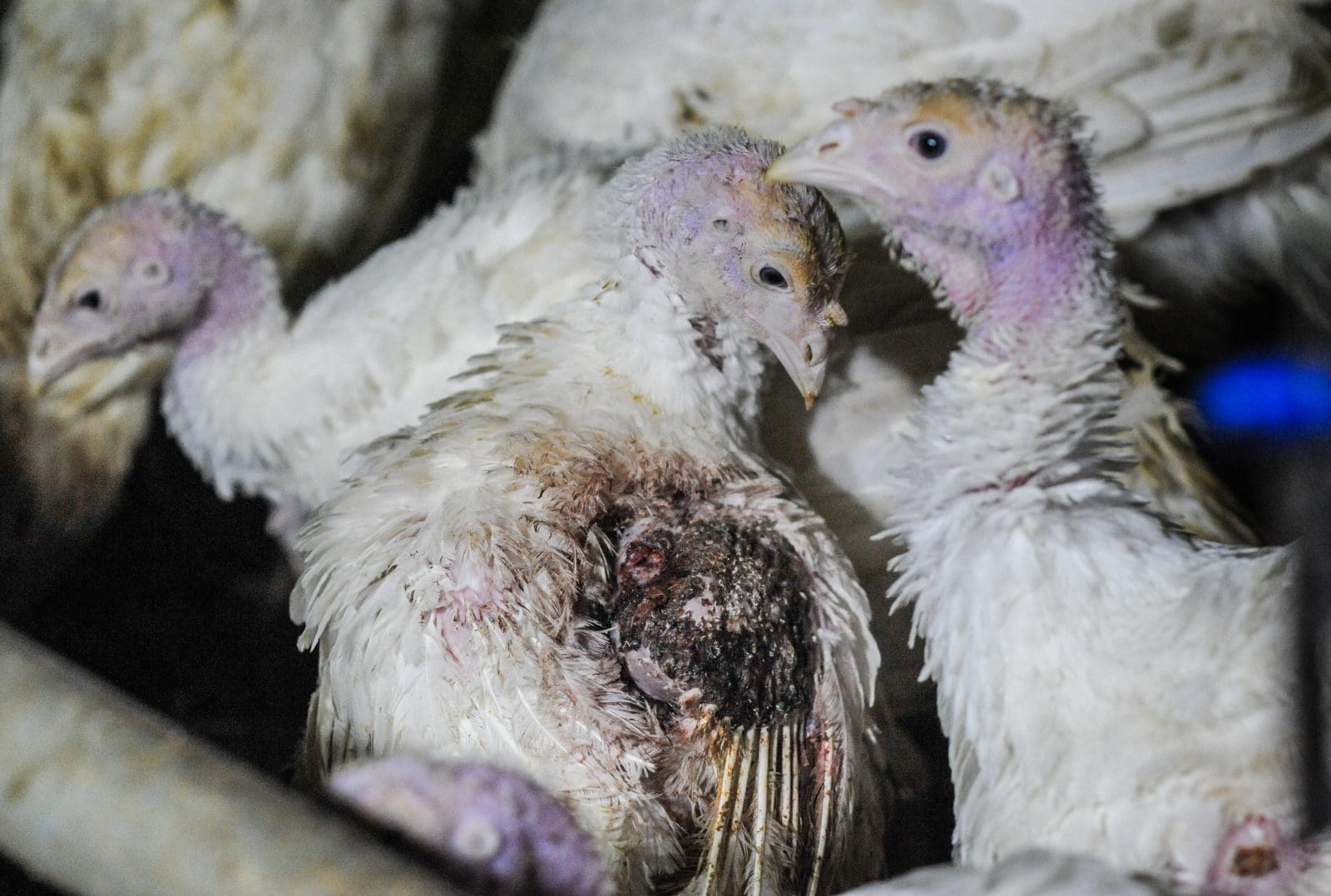In this section, discover how industrial animal agriculture fuels environmental destruction on a massive scale. From polluted waterways to collapsing ecosystems, this category reveals everything you need to know about how factory farming endangers the planet we all share. Explore the far-reaching consequences of resource waste, deforestation, air and water pollution, biodiversity loss, and the impact of animal-based diets on the climate crisis.
Behind every intensive farm lies a chain of environmental harm: forests cleared for animal feed, habitats destroyed for grazing land, and enormous quantities of water and grain diverted to livestock instead of people. The methane emissions from ruminants, the runoff of chemical-laced manure, and the energy demands of refrigeration and transport all converge to make animal farming one of the most ecologically damaging industries on Earth. It exploits land, drains water supplies, and poisons ecosystems—while hiding behind an illusion of efficiency.
By examining these realities, we’re forced to question not just how animals are treated, but how our food choices shape the planet’s future. Environmental damage is not a distant side effect—it’s a direct consequence of a system built on mass exploitation. Understanding the scale of destruction is the first step toward change, and this category sheds light on the urgent need to move toward more sustainable, compassionate alternatives.
Factory farming, or industrial agriculture, dominates global food production by supplying vast quantities of meat, dairy, and eggs to meet growing consumer demand. Yet behind its facade of efficiency lies a web of hidden costs that profoundly impact our environment, health, communities, and ethical standards. From pollution and deforestation to antibiotic resistance and animal cruelty, the ripple effects of factory farming extend far beyond what meets the eye—or the grocery bill. This article uncovers these often-overlooked consequences to highlight the urgent need for sustainable practices that prioritize ecological balance, public health, and humane treatment over short-term profit

